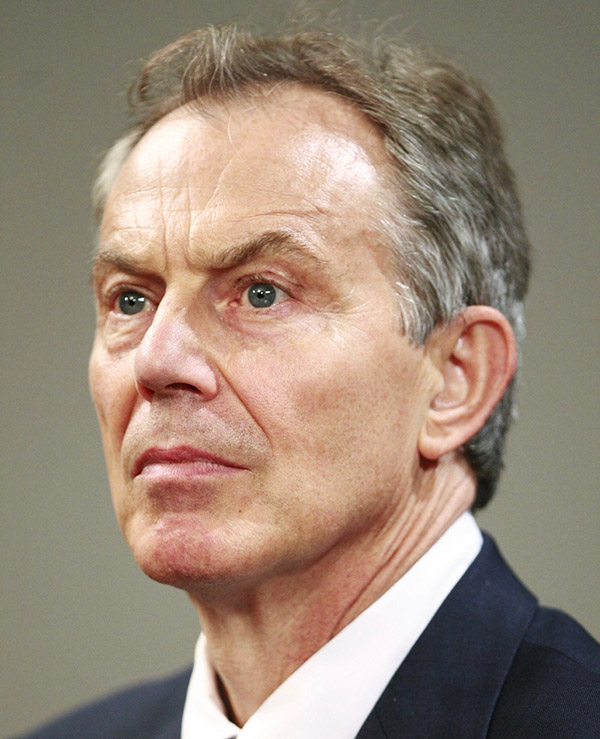Response to Tony Blair Institute's 'The Climate Paradox' report

Responding to the publication of the new report on ‘The Climate Paradox: Why We Need to Reset Action on Climate Change’ by the Tony Blair Institute for Global Change:
Nicholas Stern, Chair of the Grantham Research institute on Climate Change and the Environment at the London School of Economics and Political Science, and author of the ‘The Economics of Climate Change: The Stern Review’ which was published by Tony Blair’s Government in October 2006, said: “This new report is muddled and misleading. There is far more progress being made around the world to decarbonise the global economy than it suggests. For instance, China is the world’s leading producer and domestic deployer of renewables and electric vehicles. Its power generating capacity from renewables has now exceeded that of fossil fuels and its emissions are likely to peak in the next two years.
“The UK’s leadership on climate change, particularly the elimination of coal from its power sector, is providing an influential example to other countries. So, too, its climate change legislation and its Climate Change Committee. If the UK wobbles on its route to net zero, other countries may become less committed. The UK matters. The transition to clean domestic energy offers British consumers the prospect of lower bills, and greater energy security by not being dependent on volatile international markets for fossil fuels. And the report downplays the science in its absence of a sense of urgency and the lack of appreciation of the need for the world to achieve net zero as soon as possible, in order to manage the growth in climate change impacts that are already hurting households and businesses across the world and in the UK. Delay is dangerous.”
Bob Ward, Policy and Communications Director of the Grantham Research institute on Climate Change and the Environment at the London School of Economics and Political Science, said: “This report provides weak analysis and the wrong solutions. It fails to recognise that the longer it takes to reach net zero emissions in the UK and around the world, the more that households and businesses will suffer from growing impacts of climate change.
“So the challenge is to accelerate the transition away from fossil fuels, not to slow it down. Investments in carbon capture and storage and nuclear are fine, but they are not the best ways to accelerate the transition. Faster deployment of renewables is the best way to speed up the transition.”

